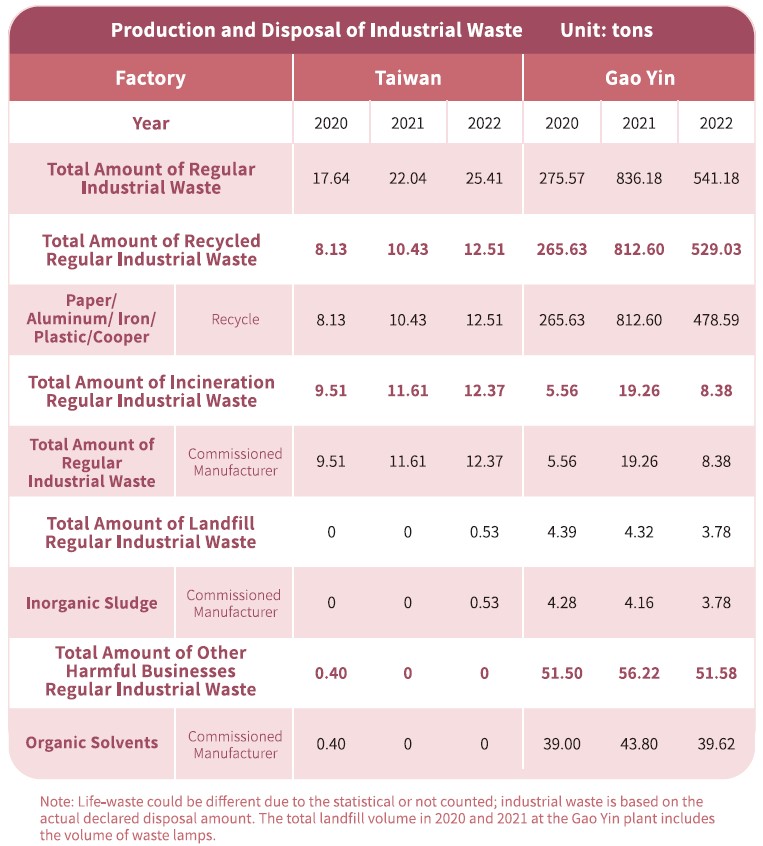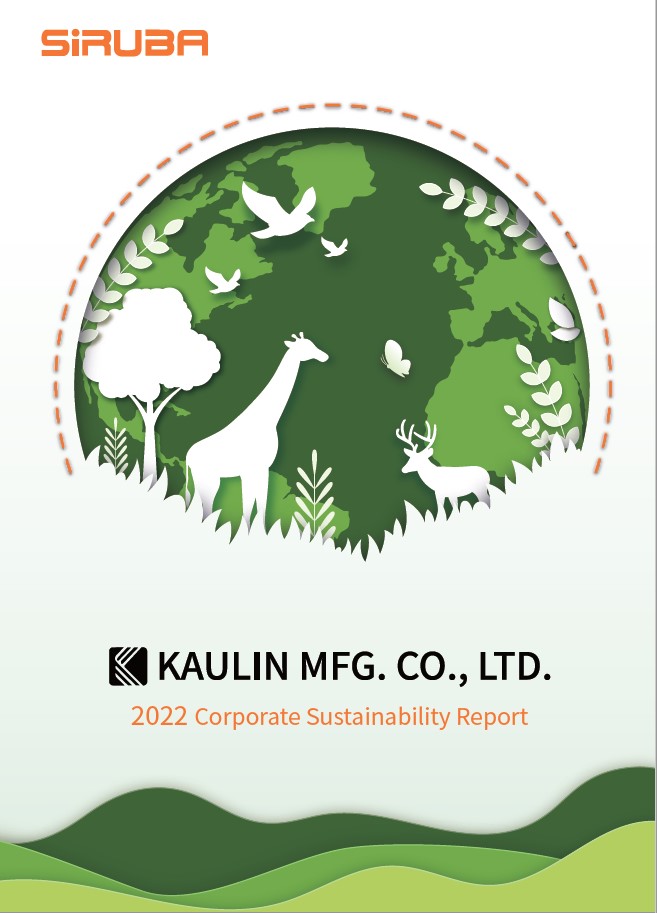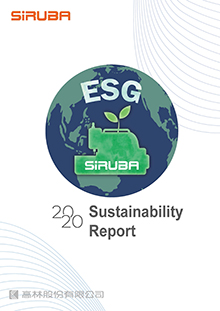Sustainability Development
Download ESG Report
Green Operation Management
GHG Emission
Affected by global warming in recent years, there has been ozone depletion and increasingly extreme climatic conditions. We are committed to collaborating closely with the government on this global issue. Recognizing the influence that enterprises exert on the environment, we have adopted the ISO 14064:2018 standards and requirements for Greenhouse Gas (GHG) inventories. Conducting thorough statistical analyses of inventory outcomes, we aim to provide references for future planning and the execution of improvement initiatives.
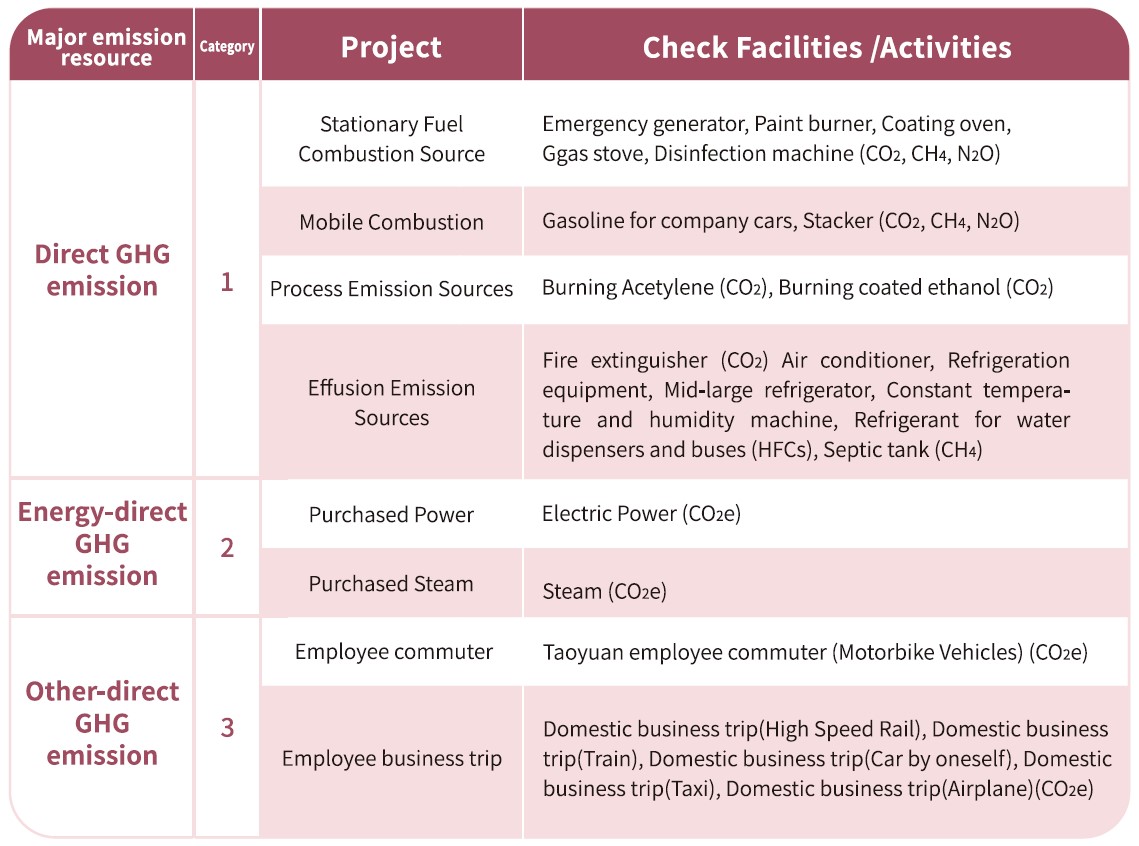
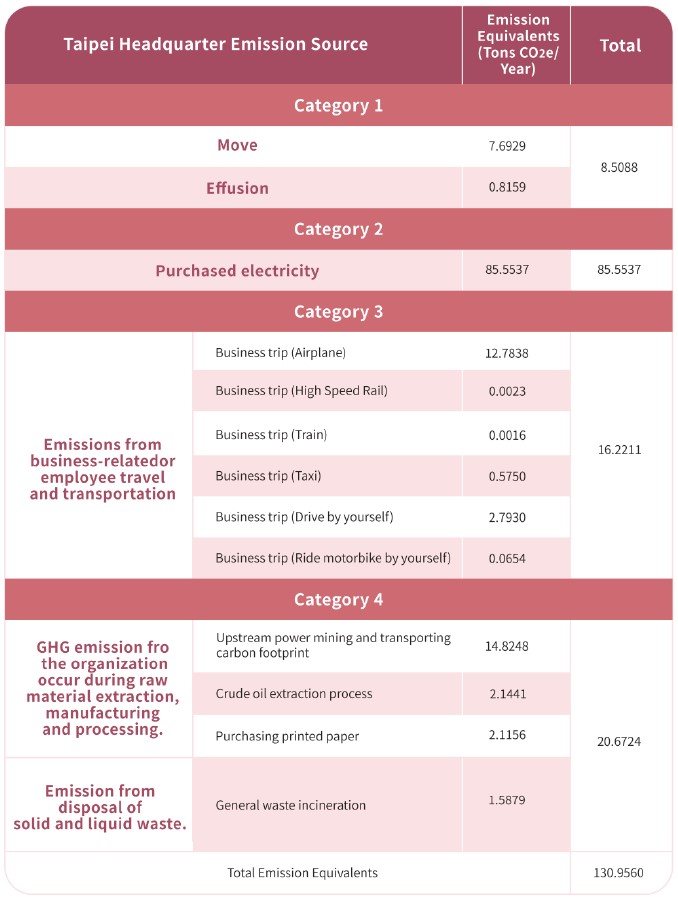
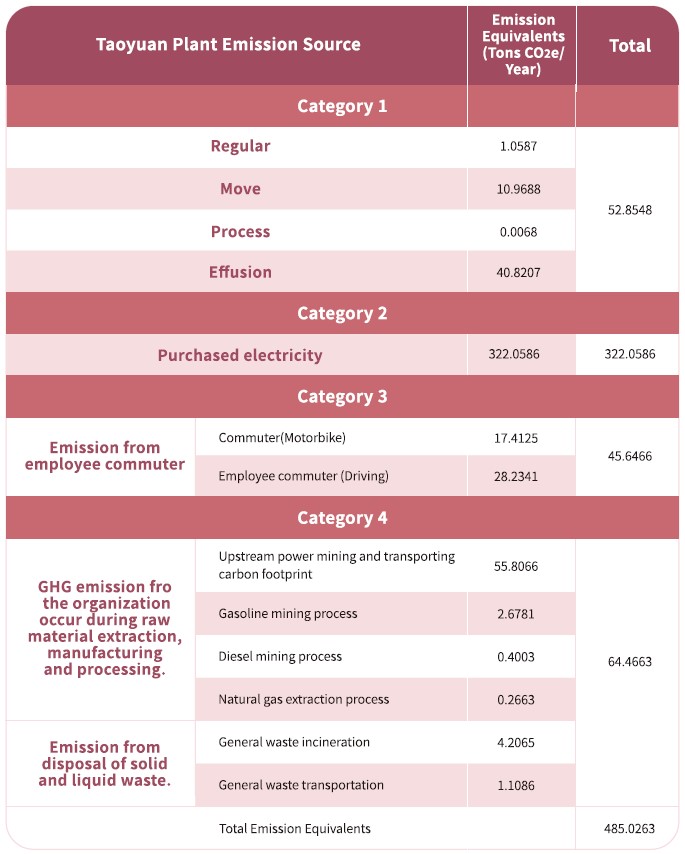
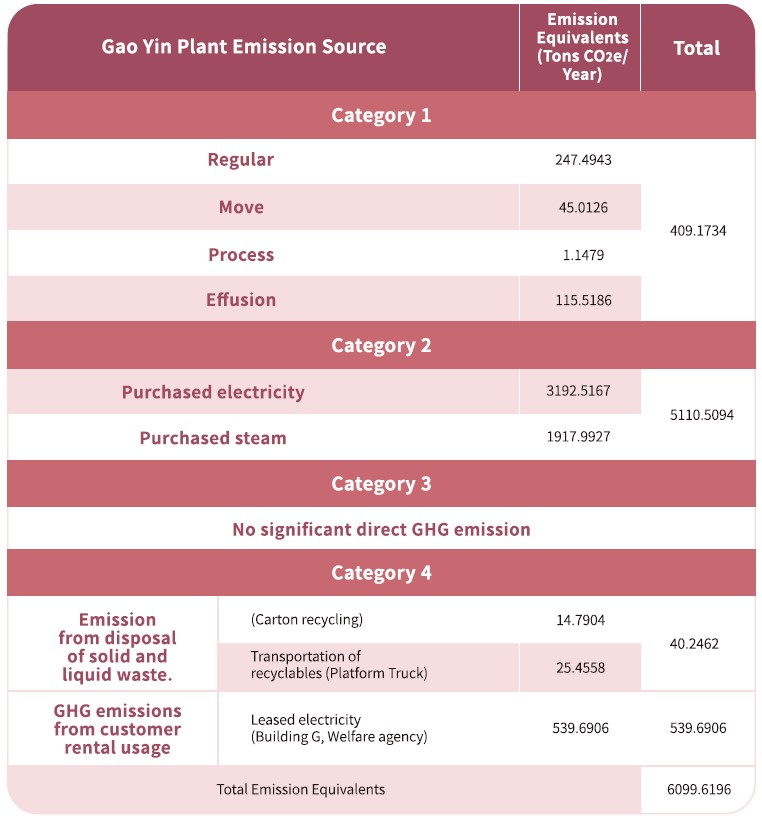
Energy Resources Management
Efficient energy usage is imperative for modern enterprises. Energy management assumes a pivotal role in Corporate operations and the preservation of ecosystem. To skillfully regulate energy consumption and bolster its efficiency, we have established the “Energy Conservation Management System” as our overarching guideline. In alignment with energy regulations, each plant takes charge of monitoring energy usage. Through the PDCA (Plan-Do-Check-Action) cycle, we verify the effectiveness of implementation is confirmed and continually strive for enhancement. This endeavors to fulfill the company’s aspirations for sustainable development and harmonious coexistence with the environment.
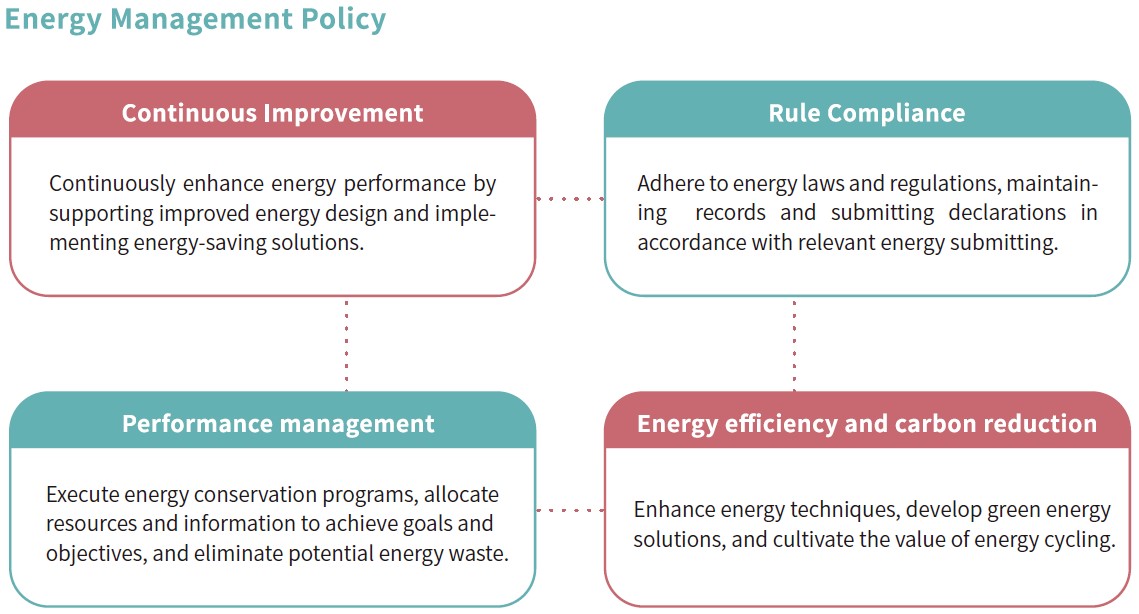
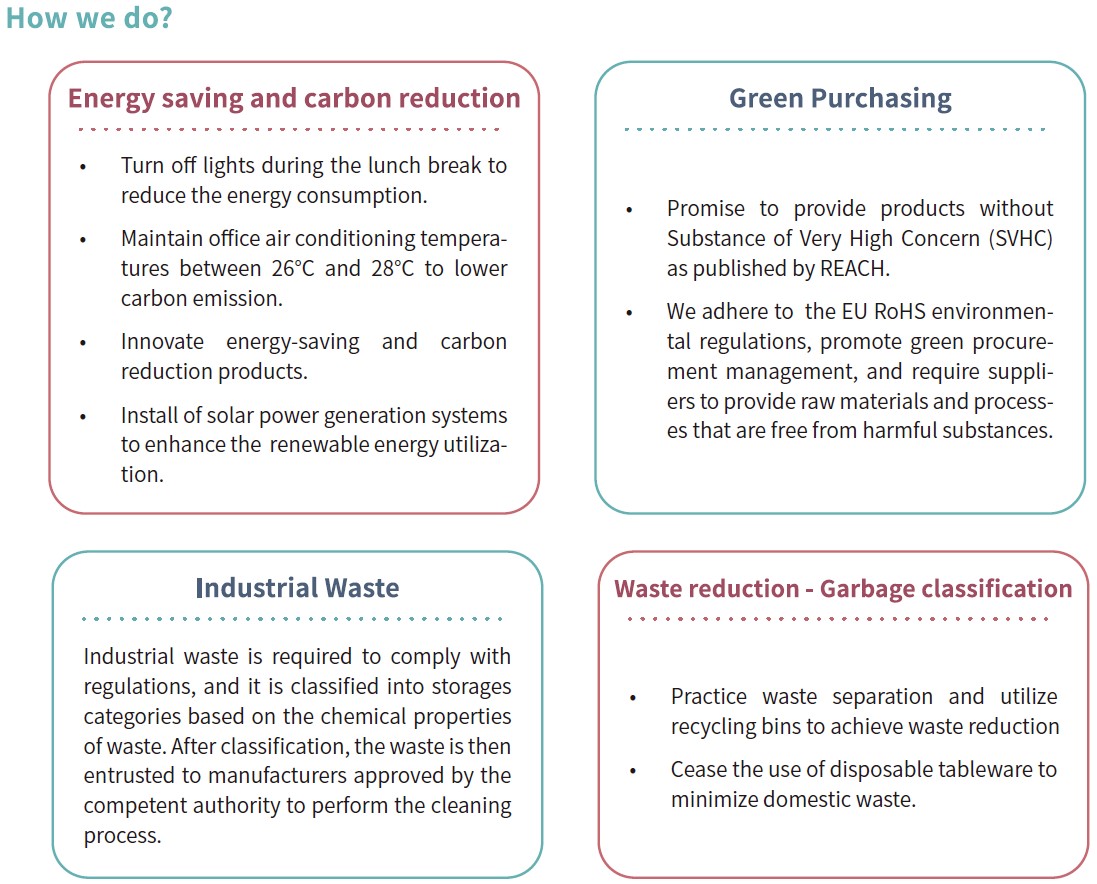
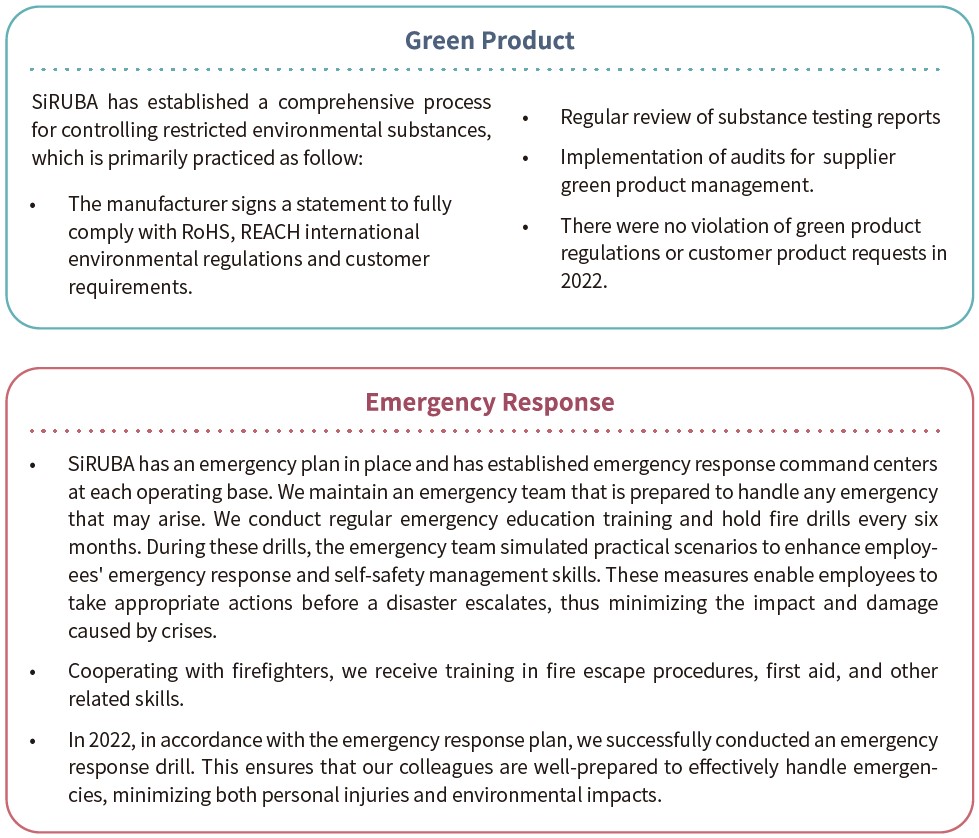
Energy Consumption
The report only disclosed information about the Taoyuan factory for the year 2020. In 2022, it expanded to include Gao-Yin and the headquarters. The total energy consumption amounts to 32,816.31 GJ. Energy usage Within the factory primarily encompasses equipment operation, electricity consumption, official vehicles, and stackers. On the other hand, the primary energy consumption at the head office is attributed to electricity.
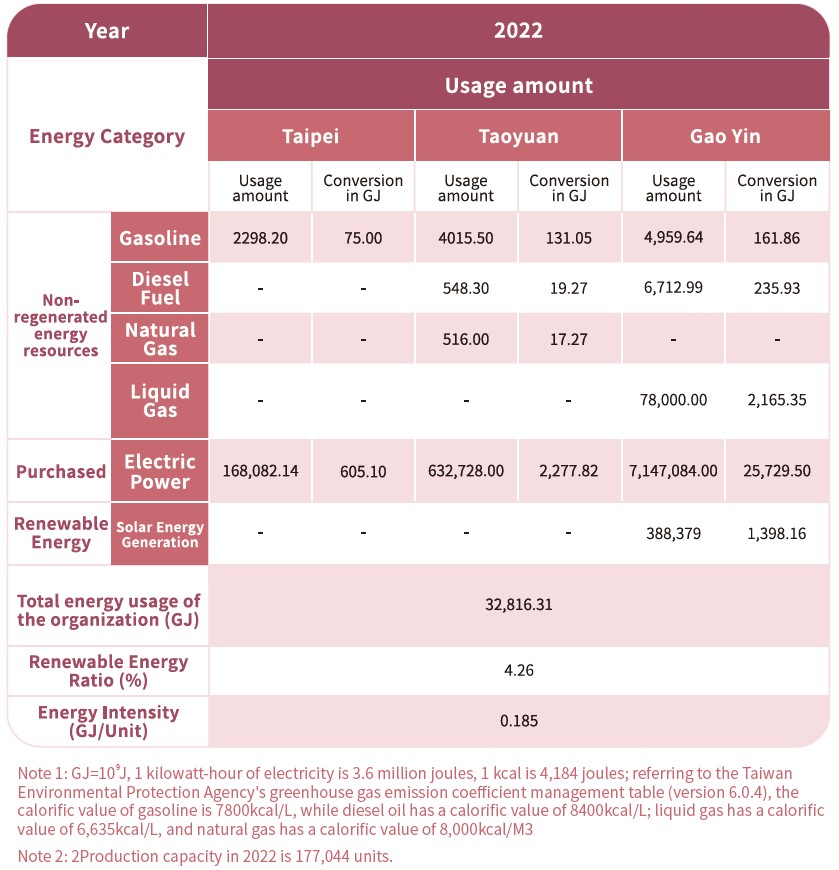
Effective energy management has become an essential strategy for SiRUBA’s sustainable development.We engage in activities such as inventorying,monitoring and addressing abnormal energy usage.On a monthly basis,the factory reports its electricity consumption during factory meetings and compares it to the same period in the previous year. Through self-supervision and management,we enhance the energy management mechanism, facilitating the establishment of energy-saving goals and plans for future energy-saving improvement.We integrate the concepts of green low carbon practices into our product development and innovative technique to minimize energy resource consumption.Our product design approach incorporates green design principles,thereby reducing environmental hazards and impacts throughout each stage of the product lifecycle.
Renewable Energy
We recognize that achieving the goal of carbon neutrality in 2050 necessitates the utilization of renewable energy as a crucial implementation strategy. Since 2022,our company has been installing solar power generation systems at the Gao-Yin Plant. Since its launch in August, the electricity generated in 2022 amounted to 1,647.82 GJ. Among this total, 1,398.16 GJ were consumed, resulting in a utilization rate of 84.85%. The use of renewable energy accounted for 4.26% of the total energy consumption. To ensure sustainable enterprise operations, the Taoyuan plant devised a solar roof renewable energy generation plan in 2019. The plan involved leasing the roof to the solar photovoltaic industry for the construction of new solar panels, which capture solar heat and convert it into electrical energy. This initiative aligns with governmental efforts to promote green energy and encourage businesses to participate in solar photovoltaic construction projects to address power shortage. The parallel connection of SiRUBA’s solar photovoltaic power generation was established on April 13th, 2021. SiRUBA’s solar power generation planning not only enables wholesale electricity distribution but also significantly diminishes the need for air conditioning in the factory area due to the shading effect of the roof scaffolding. This dual benefits facilitates energy saving and carbon reduction, promising substantial future reductions in electricity costs. The total capacity of SiRUBA’s solar energy installation is 242 KW, with an estimated total power generation of 5.809 thousand kWh over 20 years. The anticipated income from whole-sale electricity pricing is approximately NTS 29.21 million, contributing to a reduction of 3.07 million kg in carbon dioxide emissions.
Waste Management
In recent years, the concept of the circular economy has gained momentum,prompting companies to initiate waste reduction efforts. SiRUBA participates in recycling product packaging materials such as paper, styrofoam, plastic bags, and wooden pallets. We also collaborate with suppliers to responsibly recycle and recycle environmentally friendly styrofoam. Furthermore, we implement recycling and reusing practices for process waste, including waste base oil, cutting oil,metal,and cartons. These materials are sent to qualified recycling facilities. Regarding products, the SiRUBA Foundation, the Textile Industry Research Institute, local social welfare organizations and charitable institutions jointly sponsored a series of “Project ReSEW’s” activities. These initiatives involve the development and testing of sewing machines to transform waste fabrics and various textile remnants.Materials such as surplus inventory, defective products, and sample cloth from KAULIN are repurposed through sewing techniques,enhancing the value of regenerated resources. This approach is in alignment with the principles of the circular economy.
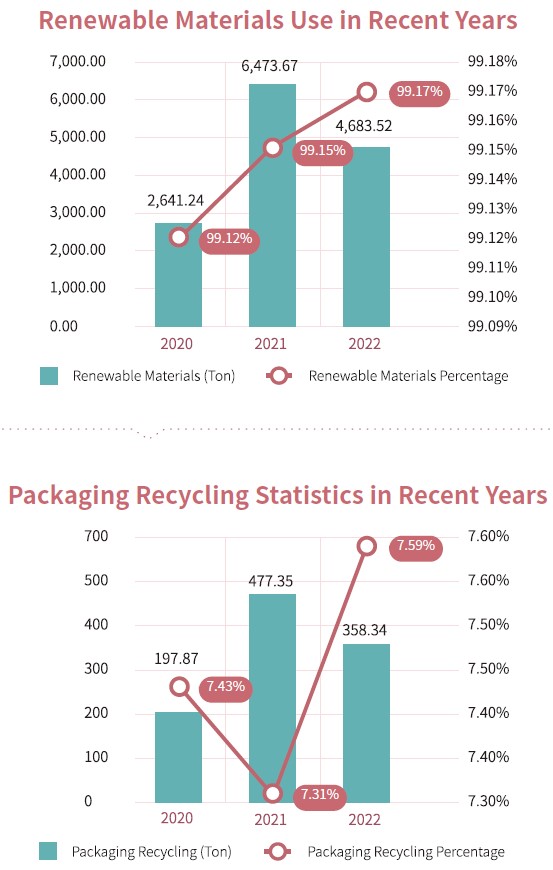
Waste Management
Being a sewing company, the primary types of industrial waste we generate include recycled paper, aluminum, iron, copper and plastic. Additionally, there are non-recyclable sewage materials that cannot be handled through incineration or landfill disposal The hazardous waste category encompasses organic solvents. For industrial waste management we entrust qualified waste removal and treatment firms to handle the waste removal and treatment at the site. We adhere to the stipulations of the Waste Disposal Law, which involves submitting a “Waste Disposal Plan” to the local environmental protection bureaus. Furthermore, we follow relevant regulations for reporting the production, temporary storage, and disposal of industrial waste. Notably, our company has not incurred any environmental penalties from competent authorities for violation of environmental laws and regulations. Regarding domestic waste, we actively engage in garbage classification and reduction. Qualified haulers are responsible for recycling and reusing these materials, contributing to our waste management practices.

